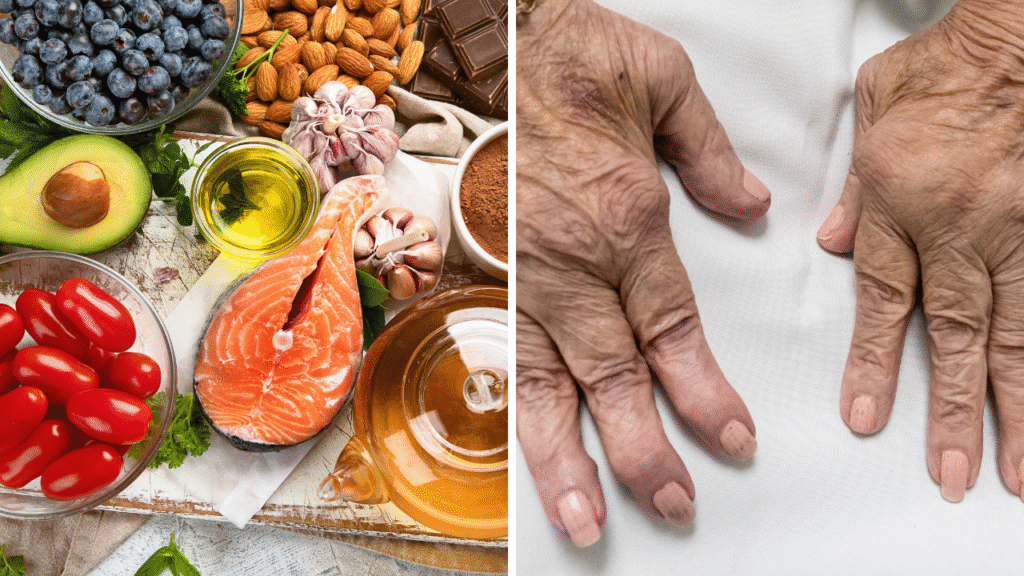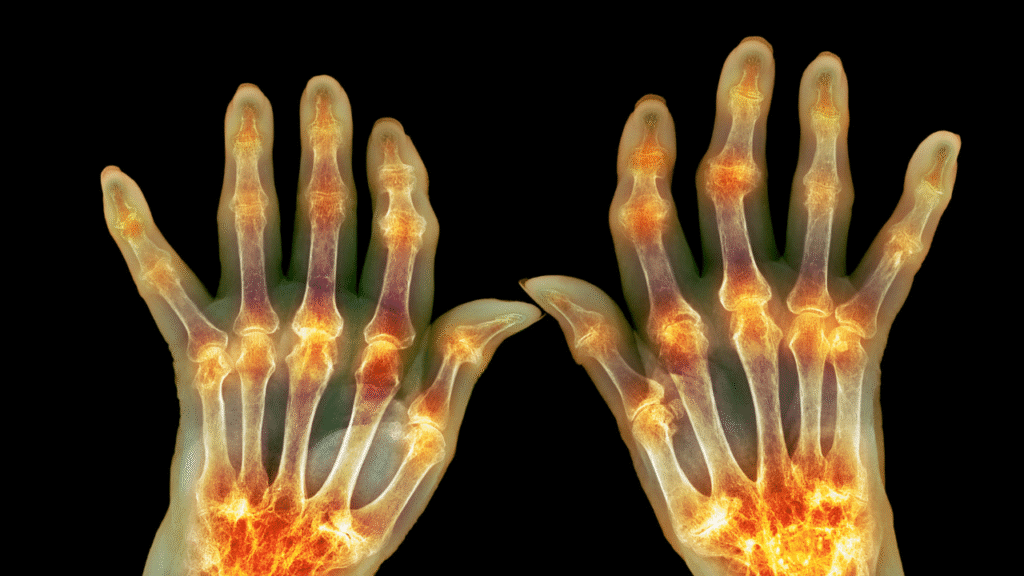Nausea is a common symptom, often resulting from underlying illnesses like viruses. In people with inflammatory bowel disease (IBD), it may be accompanied by reduced appetite, pain, or abdominal cramping. While occasional nausea can be challenging, managing it at home can be done. If nausea is severe or accompanied by extreme pain, it’s essential to consult a healthcare provider, as these are potential signs of an intestinal blockage. In Crohn’s disease, blockages are more common and may require treatment.

Here are 15 Home Remedies for Nausea
1. Eat ginger
- Ginger is a popular natural remedy for nausea, with experts suggesting it may work similarly to anti-nausea medications.
- Consuming ginger can help reduce nausea in various situations, such as during pregnancy or after chemotherapy.
- Some studies suggest taking 1,500 mg of ginger daily may be beneficial for easing nausea.
- While ginger use is generally safe, it may cause side effects like heartburn when consumed in high amounts.
- However, healthy pregnant people report a low risk of side effects. Ginger is considered a safe and effective remedy for morning sickness during pregnancy. (1, 1)
2. Peppermint aromatherapy
- Peppermint essential oil has been found to significantly improve nausea when used alone or alongside medications, reduce nausea, vomiting, and retching in people undergoing chemotherapy, and reduce symptoms in 79% of cases using an inhaler containing peppermint oil.
- While sipping peppermint tea may have similar effects, no studies confirm its effectiveness.
- There is limited information on the safety of ingesting peppermint oil, so more studies on peppermint pills or tea are needed to explore its efficacy fully.
- In summary, smelling peppermint oil at the onset of nausea may help reduce symptoms. (2, 2)
3. Vitamin B6 supplements
- Vitamin B6 supplements, also known as pyridoxine, are a safe and potentially effective alternative to anti-nausea medications for pregnant women who prefer not to use these medications.
- A recent review of research suggests that taking vitamin B6 supplements during pregnancy can reduce nausea, making them a recommended first-line treatment.
- Taking 10-25 mg of B6 three or four times daily is safe and produces minimal side effects.
- However, more research is needed to fully understand the benefits of vitamin B6 supplements.
4. Sodium bicarbonate
- Sodium bicarbonate, or baking soda, has various household uses, including treating nausea by altering stomach acid pH.
- Dissolve 1/2 teaspoon of baking soda in 4 ounces of water to make a nausea drink.
- However, it should be checked with a healthcare provider to avoid interference with treatment regimens.
- Baking soda is high in sodium, so people on a low-sodium diet should avoid it.
- It should be used temporarily, not long-term, for nausea or upset stomach.
5. Acupressure
- Acupressure is a medical method that applies pressure to dangerous spots in the body, similar to acupuncture.
- It can help reduce nausea by identifying these spots and the appropriate pressure.
- Patients can have this procedure done by a doctor or by themselves.
- To apply the pressure, press on the points with the index finger and thumb for ten to thirty minutes, then breathe deeply and relax. (5, 5)
6. Lemon
- Lemon is a popular home remedy for nausea, known for its pleasant scent and compelling effect.
- It’s particularly beneficial for tired travelers who prefer freshness during car rides.
- The lemon’s aroma can help alleviate nausea-related hard feelings.
- To use, slice a lemon in two pieces and place them close to your nose and body for a few minutes or longer until you feel better.
7. Cold Compress or Cold Air
- Move to a cool room or outdoor space with cool air to alleviate nausea. Breathe deep into cool air and apply a cold compress to the forehead or neck.
- It can be done using a washcloth rinsed in cold water or a store-bought or homemade compress stored in the freezer for quick use.
- Use breathing exercises and cold compresses to manage nausea effectively.
8. Eat a small meal of something bland.
- A bland diet, such as bananas, rice, applesauce, and toast, can help prevent nausea and stop vomiting.
- Other options include saltines, pasta, potatoes, scrambled eggs, and hard-boiled eggs.
- Avoid fried foods, dairy products, meat, and fiber-rich foods until nausea subsides.
- The BRAT diet, although often recommended, needs more scientific studies.
- Consult a healthcare professional for more information on this diet.
9. Spices
- Certain spices, such as fennel powder, cinnamon, and cumin extract, have been suggested as home remedies to relieve nausea.
- These spices may reduce menstrual symptoms, such as nausea, and help individuals experience shorter periods.
- Cinnamon may decrease the severity of nausea experienced during menstruation, while cumin extract may improve symptoms like abdominal pain, nausea, constipation, and diarrhea in individuals with irritable bowel syndrome.
- However, only some studies have examined their direct impact, and the studies used doses ranging from 180-420 mg per day, which are difficult to achieve through everyday use.
- Aniseed treats nausea and vomiting by brewing it into a tea, sprinkling it on mild vegetables, or sipping it on baked apples or pears.
- Cinnamon powder can be brewed and strained for nausea relief.
- Clove powder can be used as a tea for nausea, while cumin seeds and nutmeg can soothe stomach issues.
- You can crush fennel seeds, steep them in boiling water, and then mix them with honey for good taste.
- Do not use these remedies if you are pregnant.
10. Drink plenty of water.
- Dehydration, when the body loses more water than it consumes, can cause symptoms like headaches, fatigue, and nausea.
- Staying hydrated is crucial, especially if you’re experiencing nausea and vomiting.
- Replace lost fluids with electrolyte-rich ones like flat mineral water, vegetable broth, or sports drinks.
- Dehydration may worsen nausea for some people.
11. Breathe Deeply
- Maintaining calmness can help control nausea by promoting deep breathing and providing fresh air to the lungs.
- It helps to eliminate stress and anxiety.
- Try jogging in an open area and listening to sweet music to relax.
- It will help to create a sense of balance and relaxation.
12. Cranberry Juice
- Avoid solid food and carbonated water for nausea, but not all liquids. Drinking cranberry juice can improve digestion and alleviate the nausea feeling.
- Avoiding all liquids can be risky, so drinking one cup daily can help alleviate the nausea.
13. Don’t lie down right after eating
- Avoid lying down after eating as it can slow digestion and cause stomachache.
- Sit upright, especially after snacking.
- Avoid brushing your teeth right after eating, as it can worsen nausea or cause vomiting.
14. Practice Progressive Muscle Relaxation
- Progressive muscle relaxation (PMR) is a body-calming technique that slowly activates and releases different muscle groups.
- A randomized controlled trial of 208 chemotherapy patients found that combining guided imagery and PMR reduced treatment symptoms, including nausea and vomiting, more effectively than a control group, according to a June 2016 research in PLOS One.
15. Sit Down & Make Your Heels Up
- Dizziness is a common symptom of nausea, often caused by circulation issues.
- To treat nausea, sit down to improve circulation and maintain brain balance by keeping your heels up.
- It can help restore body stability and alleviate nausea by altering blood flow and restoring balance in the brain.
When to speak with a doctor
If someone frequently experiences nausea without an apparent reason, they should consult a doctor to determine the cause. If the cause is psychological, a therapist may be helpful. Nausea is not usually an emergency, but if it occurs alongside severe symptoms or after an injury, it may require emergency help. Dial 911 if nausea occurs after a recent head injury, sudden headache, neck stiffness, fever, headache, and vomiting. Nausea can also be an early warning sign of a heart attack, especially in females who may experience less obvious symptoms. Seek emergency help if they experience chest pain, trouble breathing, pain in arms, back, neck, or jaw, lightheadedness, or cold sweat.
Conclusion
Nausea may arise as a result of various factors such as overeating, indigestion, severe pain, head trauma, stress, or anxiety.
While remedies and therapies can help relieve occasional nausea, if it becomes frequent, severe, or long-lasting, medical help is necessary.
Links
- Effect of ginger in the treatment of nausea and vomiting compared with vitamin B6 and placebo during pregnancy: a meta-analysis – PubMed (nih.gov)
- How Safe Is Ginger Rhizome for Decreasing Nausea and Vomiting in Women during Early Pregnancy? – PMC (nih.gov)
- Peppermint Essential Oil for Nausea and Vomiting in Hospitalized Patients: Incorporating Holistic Patient Decision Making Into the Research Design – PubMed (nih.gov)
- Inhaled peppermint oil for postop nausea in patients undergoing cardiac surgery – PubMed (nih.gov)
- Effectiveness of Acupuncture in the Treatment of Hyperemesis Gravidarum: A Systematic Review and Meta-Analysis – PMC (nih.gov)




